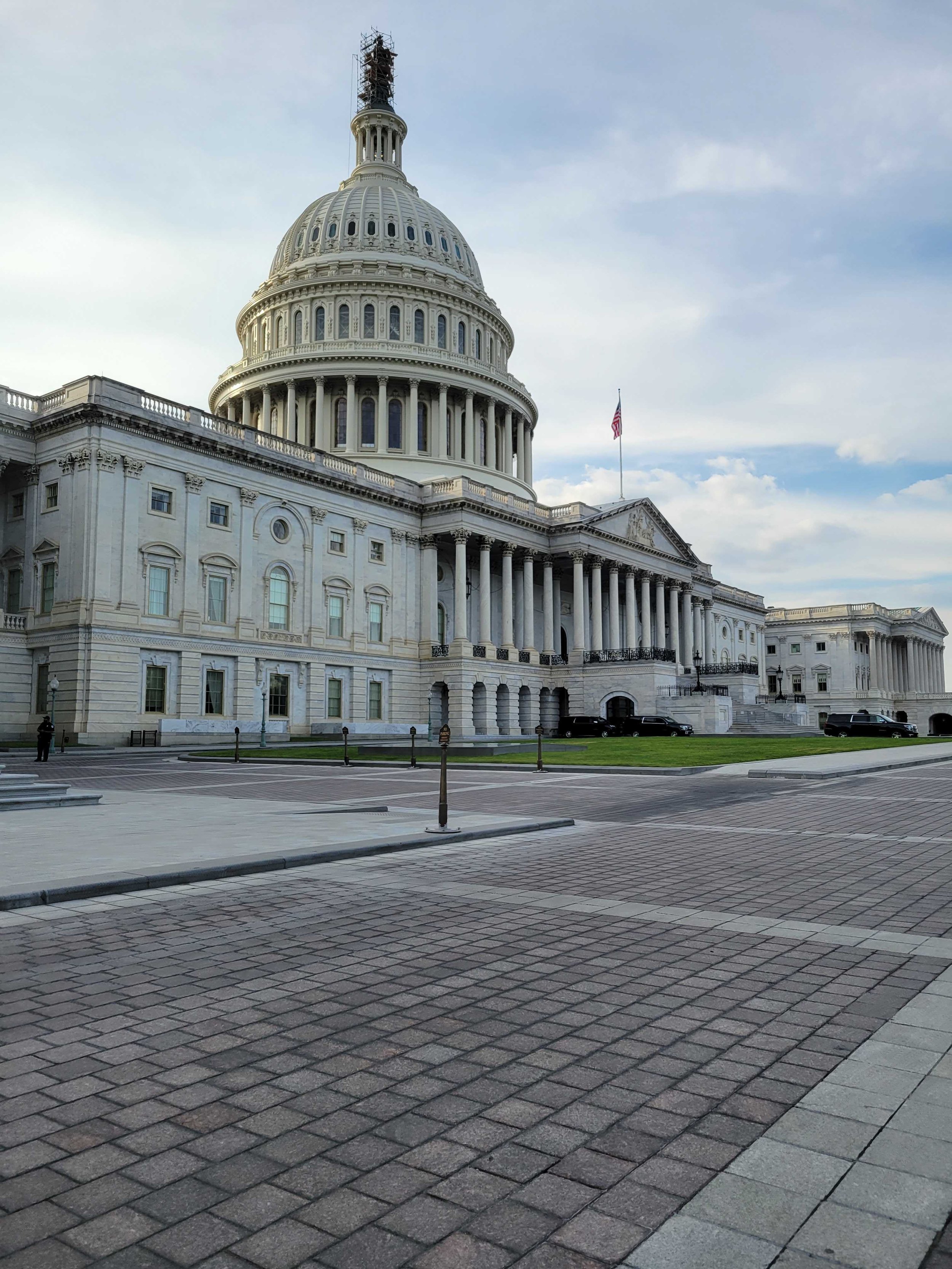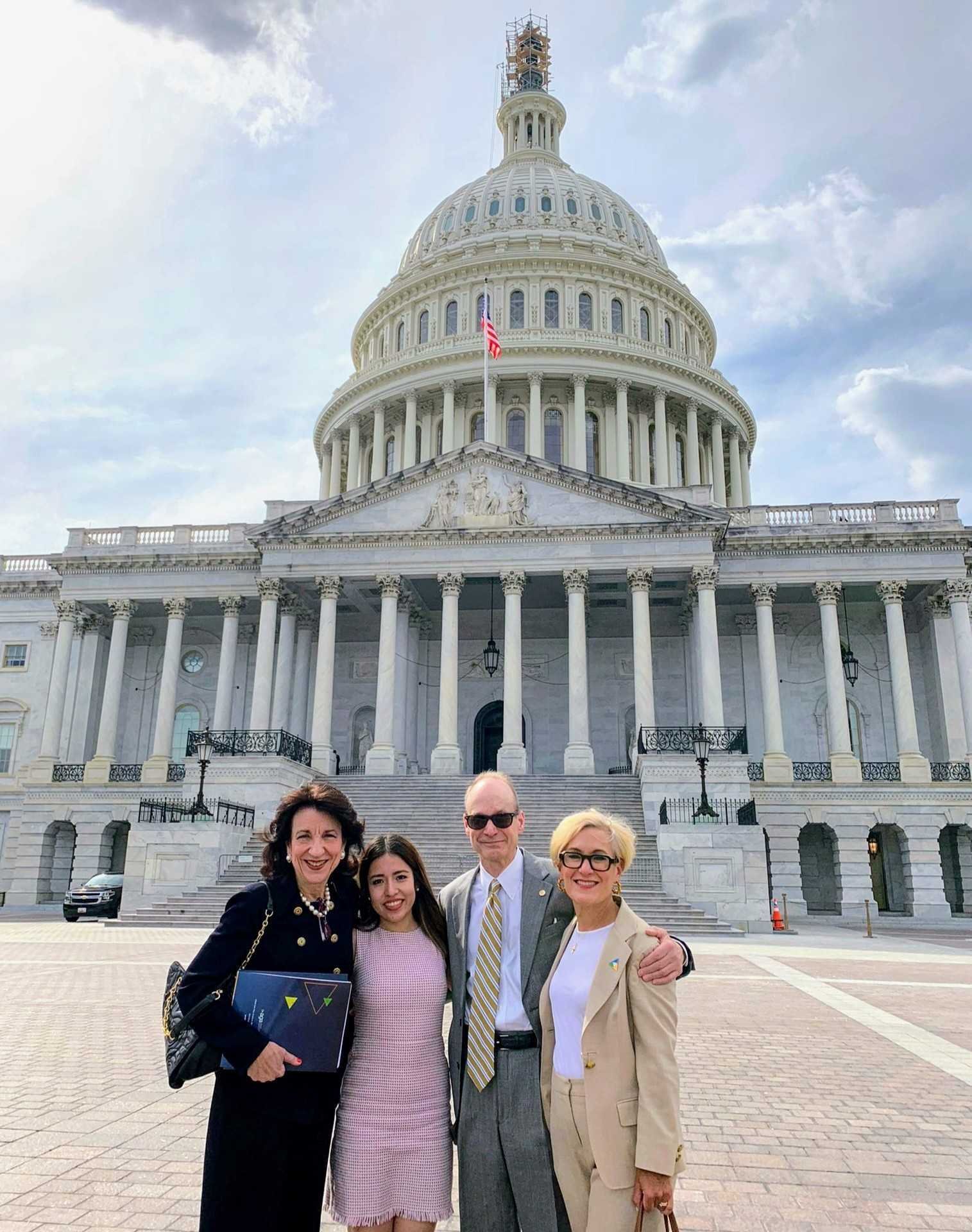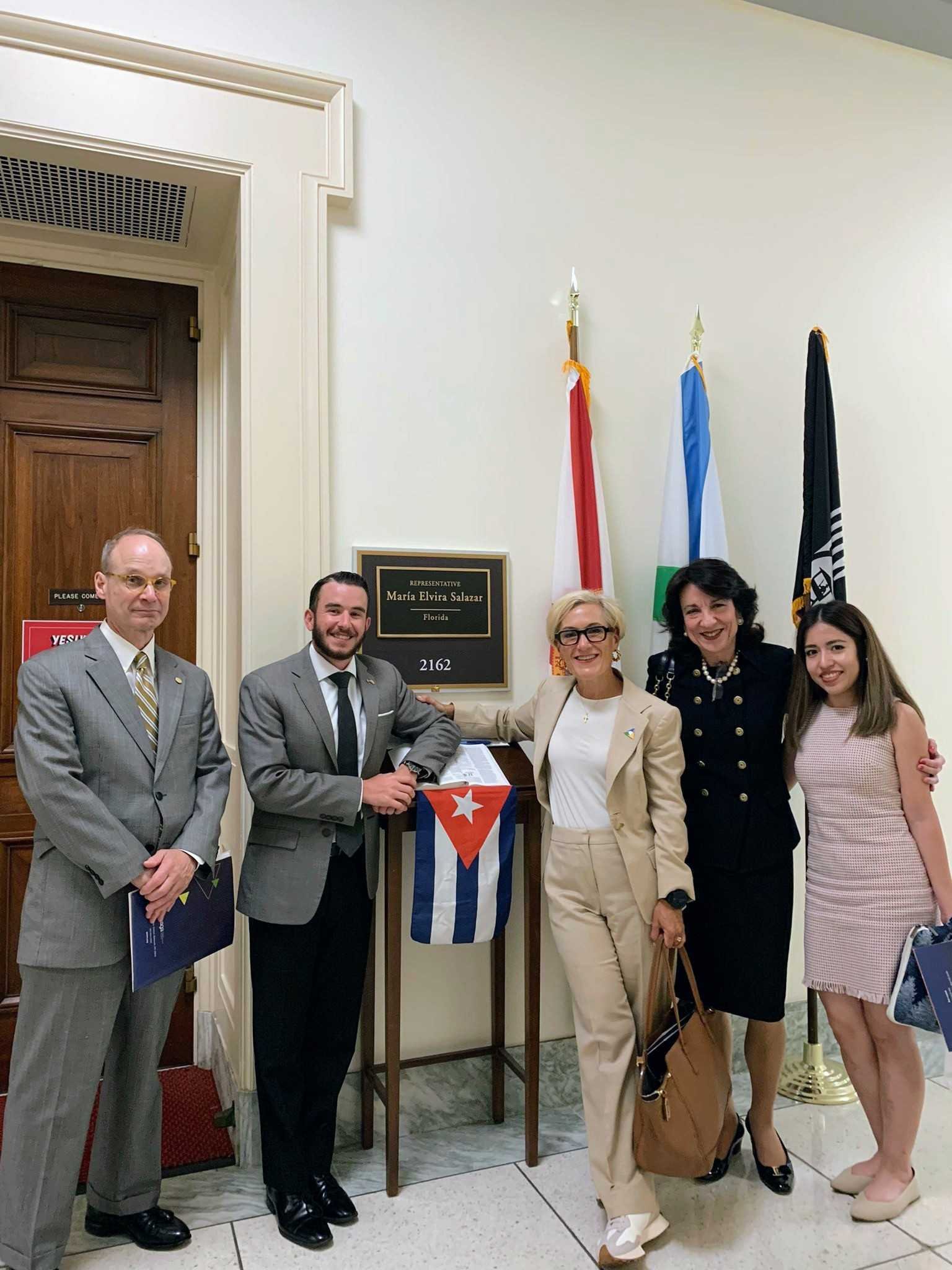Advocating for IBD Patients in Washington, D.C.: A Journey Towards Improved Healthcare
By Karen Mancera from Florida, USA



In the heart of our nation's capital, I had the opportunity to bring the voices of Inflammatory Bowel Disease (IBD) patients and the medical community to the forefront. As both an IBD patient and a researcher, I had a unique perspective to share. Together with multiple dedicated gastroenterologists and several other patients, we ventured to Washington, D.C., to advocate for increased accountability from insurance companies, reduced prior authorizations, increased research funding, and enhanced support for healthcare professionals.
The Call to Action
For those unfamiliar with IBD, it is a chronic and often debilitating condition that affects millions of individuals worldwide and its incidence continues to increase. Managing the disease is a lifelong commitment, involving a complex blend of medications, surgeries, and an array of physical and emotional challenges.
Over time, one thing became increasingly clear to me: the healthcare system could do more to support IBD patients and the professionals who care for them. This realization led to the decision to advocate for change in the heart of American politics.
Preparing for the Journey
Our mission to advocate for IBD patients was planned by the American Gastroenterological Association (AGA) during their annual leadership summit. Joining me were several passionate social media advocates and expert gastroenterologists who had seen firsthand the challenges faced by their patients and their staff.
Before our scheduled activities, we participated in a media training to complement our advocacy efforts in our local communities. AGA also prepared us with extensive research and data to support our message, emphasizing four critical areas for improvement: increased accountability from insurance companies, reduced prior authorizations, increased research funding, and enhanced support for healthcare professionals.
Meeting with Representatives
Armed with our resources, we had a series of meetings scheduled with congressional representatives’ staff. Sharing our first-hand experiences, we discussed the immense hurdles faced by IBD patients and the healthcare community, while underscoring the necessity of change.
Our stories focused on the crucial need for increased research funding to advance treatment options and understand disease etiology. We highlighted that research is a lifeline for patients who often exhaust all available treatment options. We asked our representatives to advocate for greater financial support and press for transparency on decisions imposed by health insurance companies.
Reducing Prior Authorizations
One major roadblock in the treatment process for most patients is prior authorizations. These require physicians to obtain approval from insurance companies before certain treatments or medications can be prescribed. The result is often frustrating delays and complications.
Our plea to reduce prior authorizations resonated with our representatives. We explained how this measure could streamline the treatment process, giving patients quicker access to the care they need, and providing doctors with more flexibility to determine the best course of action. Our message was clear: reducing prior authorizations would improve the quality of life for IBD patients and make the jobs of healthcare professionals more manageable.
Enhancing Support for Healthcare Professionals
This was also an opportunity to advocate for the unsung heroes in the IBD community: healthcare professionals. The demands of treating patients are significant, and their job is made even more challenging by endless administrative tasks and insurance hurdles.
The gastroenterologists who joined us, recounted their experiences with burnout and the vital need for more support and resources. We urged our representatives to explore solutions, such as addressing issues with medicare reimbursements, and reducing administrative burdens.
The Power of Collaboration
Our journey to Washington, D.C. exemplified the power of collaboration and advocacy. We brought our personal stories, our dedication to patients, and our collective experiences to Capitol Hill.
The result was a promising commitment from several representatives who pledged to champion our cause. We found common ground, recognizing that improving the lives of patients requires a multifaceted approach involving legislative changes, increased research funding, and better support for healthcare professionals.
A Promising Future
Advocacy is a long-term and challenging endeavor. However, it was a significant step towards a brighter future for IBD patients and their healthcare providers. The path ahead may be challenging, but with the dedication and resilience of individuals and organizations who share our vision, we have every reason to be optimistic. Our voices were heard, our message delivered, and our commitment reaffirmed.
Featured Photo by Anna Lowe from Pexels

